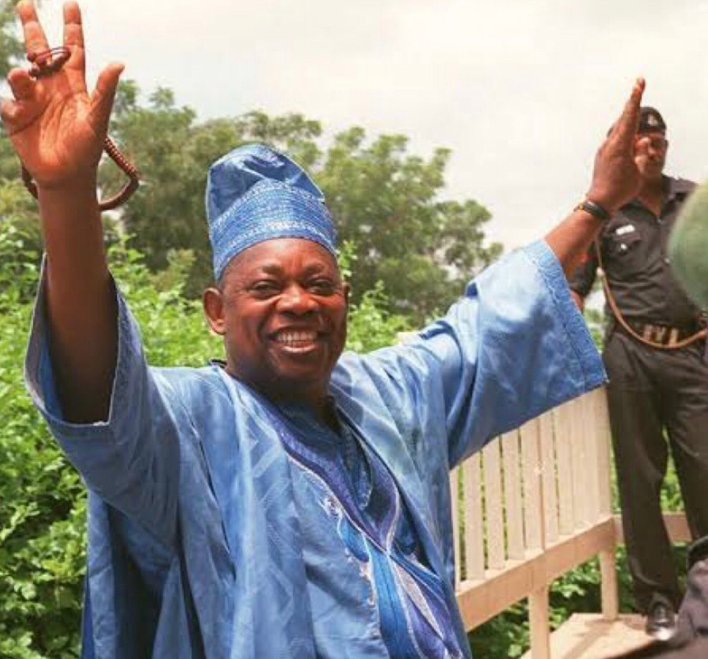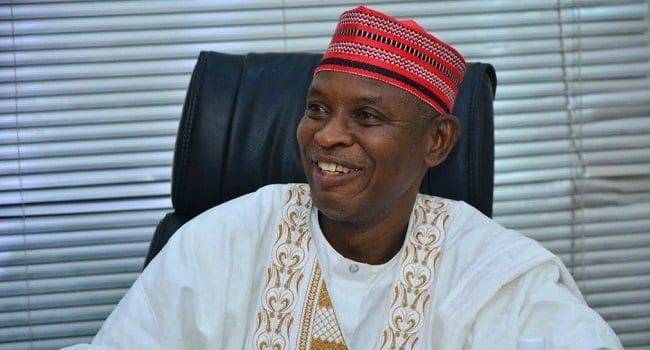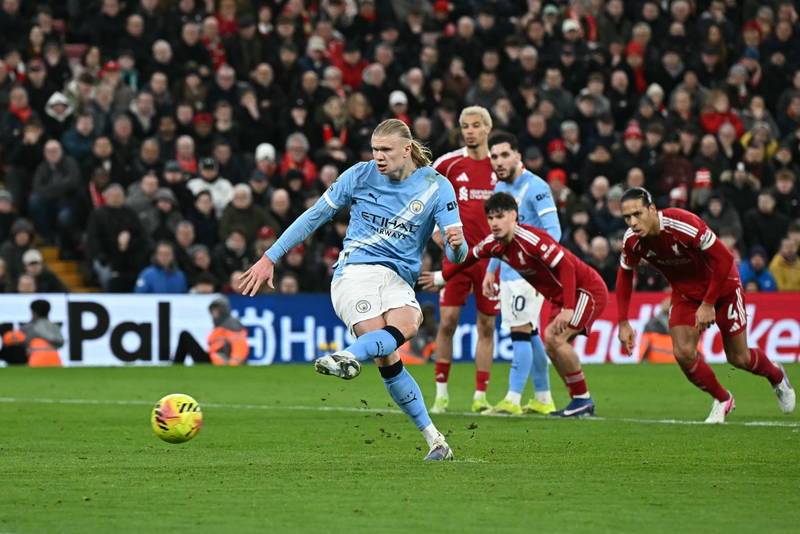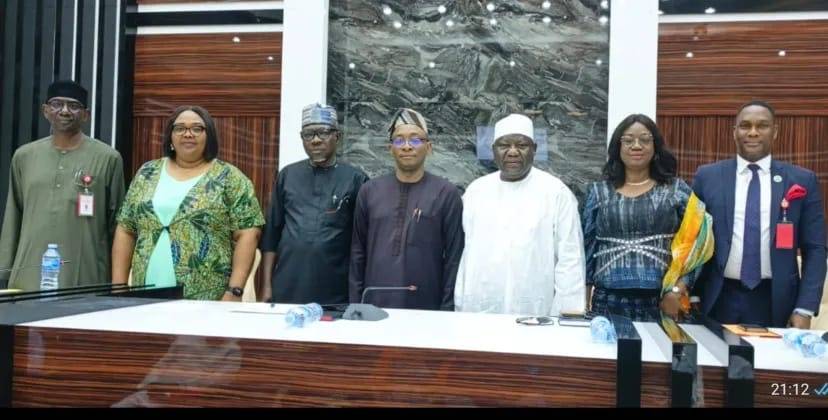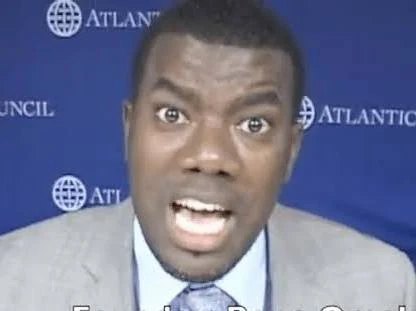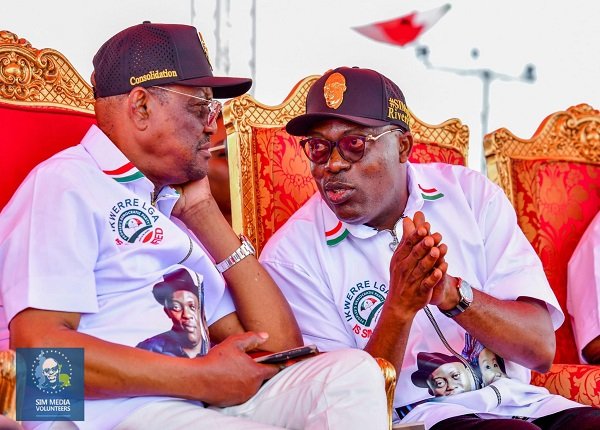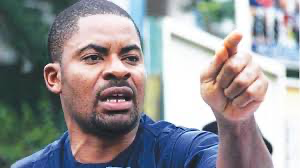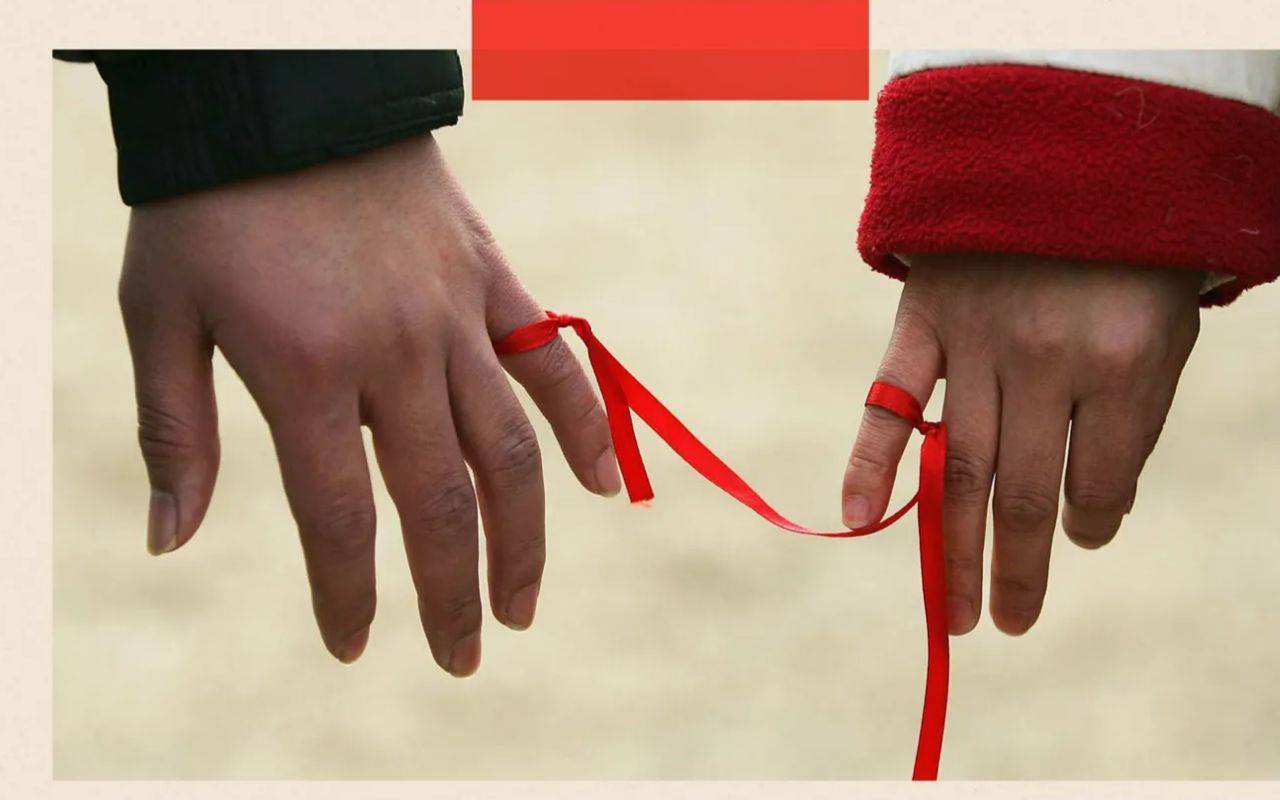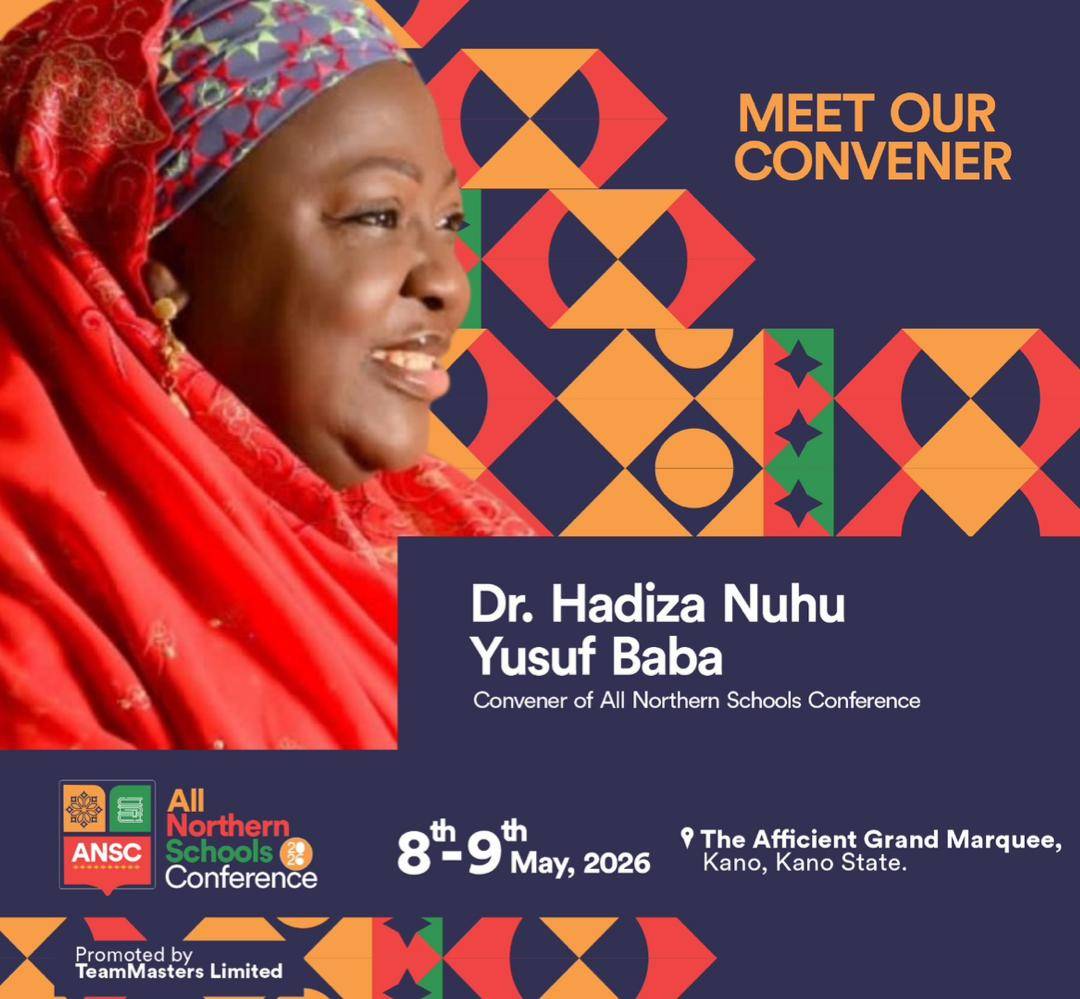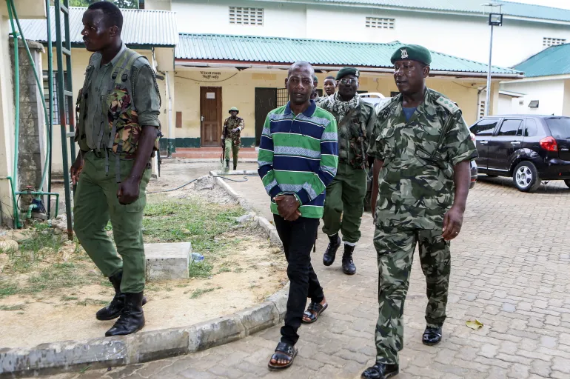By Emmanuel Oladesu
For once, Nigeria, a plural country forcefully amalgamated by the British in 1914, sought to become a nation on June 12, 1993.
The man who achieved that feat was Moshood Kashimawo Olawale (MKO) Abiola, a detribalised Yoruba endowed with an irrepressible national outlook. He came as the last man standing after other prominent political figures had been banned, unbanned, banned again, emasculated and frustrated by the chameleonic military leadership that midwifed an endlessly meandering transition programme for civil rule.
Abiola came with a message of hope when hopelessness pervaded the national horizon. As a businessman and philanthropist, he had endeared himself to most Nigerians as a generous and trustworthy man. His entry into the electioneering brought a big torch that lit up the obscure political field. He secured the votes of millions across all the ethnic groups that trusted he would transform the country from the ravages of stratocracy.
It was a significant feat that eluded more qualified founding fathers who operated on the tripod of tribalism, ethnicity, and mutual suspicion.
Nigerians attempted to draw the curtains on military rule. Soldiers, having overstayed their welcome in the corridor of power, violated the country, converted the treasury into a private purse, divided the people and abolish the prospects of popular rule.
Citizens exercised their democratic rights to vote for change and liberty after a series of laboratory experiments by the military. However, the monumental achievement was mismanaged by the reluctance of the military that midwifed a transition programme that was designed to fail. The annulment of the June 12, 1993, historic election won by the symbol of unity amounted to the criminal banishment of political rights and seizure of a collective passport to take a genuine flight to the horizon of democracy.
The popular mandate given to Abiola became his undoing. He was never a man to run from battle. The next assignment foisted on him was mandate protection. IBB, his long-standing friend-turned foe, knew him inside out. On his previous birthday, the military president had eulogised Abiola, saying a great attribute of the businessman’s life was the resolve with which he always pursued the goals dear to his heart. Not willing to underrate the millionaire business mogul, IBB staggered under a curious influence, saying he was not only in office but was also in power.
After the cancellation of the poll’s result, no goal was dearer to Abiola’s heart than a de-annulment. It also aligned with the quest for self-actualisation. A bloody civilian, though, he fought without a gun. His civilian armies were on the streets protesting. Nothing more.
Outside the country, he campaigned against the bad habit of the military, their sit-tight culture and disdain for liberty. Propagandist Information Minister Uche Chukwumerije of Abacha’s military junta yelled at him, insinuating that Abiola was the first Aare Ona Kankanfo of Yoruba land to desert the battlefield.
The business mogul may have committed the error of returning home. He attempted to declare himself president at Epetedo. Seized on the streets, he was hounded into detention like a criminal. He never returned alive.
Abiola, the Bashorun of Ibadan and Aare Ona Kankanfo of Yoruba land, thus a generalissimo, lived up to his billing as a warrior. Harassed, abused and blackmailed, he refused to abandon the battle. He rejected the obnoxious bail conditions and the middlemen mounting pressure on him to trade the struggle for personal survival.
He was resolute. Some of his supporters wavered in their spirits, but the majority queued behind him, thereby sustaining the struggle for six years. Abiola’s battle ultimately became the battle for reshaping Nigeria.
He died in detention on July 8, barely a month after the demise of Abacha who ordered his detention. His dream of abolishing poverty may have died with him.
Almost 26 years after his demise, the nation-state is still battling to resolve issues about the ballot box debacle. The masses still groan. Elections have remained problematic. A new twist is the penchant for rejecting valid results. There is the citizens’ do-or-die disposition towards elections, thereby casting doubts on the real outcome of electoral contests by uncritically resorting to protracted litigation while hiding under the clause of political rights.
While Abiola failed in his bid for legitimate power, the opportunity landed in the palm of military confederates in 1999. The meaning of the Titanic struggle was beyond the ken and comprehension of the new helmsmen at the centre.
The challenges of nation-building stared them in the face. They lacked the democratic experience, skill and strategy to confront them. They governed under a constitution that lied against itself through the preface: “We the people.” Since the provisions of the 1999 Constitution also endorsed a unitary system, they were comfortable with the military-imposed document. They thus demonstrated a hypocritical commitment to constitution review. An expensive national conference was set up in Abuja. Its report never saw the light of the day.
The journey to a difficult future commenced. Problems continued to multiply. They piled up. Relief from the subsisting dilapidated economy was a mirage. Security was at a low ebb. Nigerians continued to live in darkness. Towns and villages depended on streams for water in the countryside. Roads became death traps. Employment was given to a privileged few; children of the political class and their cronies.
Democracy, in the real sense of the word, became a nightmare. Even civil rule was consistently threatened by the assault on the ballot box. Nigeria was positioned far from prosperity. Corruption loomed large. Nothing worked.
This is the mess that President Bola Tinubu, an associate of Abiola, is now trying to clear. If Abiola had ruled, would Nigeria have been like this today?
Even the circumstances surrounding his death are still in the realm of conjectures. Who killed Abiola? Or what killed him? It remains a puzzle. The answer is elusive.
What is most striking is not what has changed since 1999 but what has lingered. While the Third Republic was botched, the Fourth Republic was not erected on a solid federal democratic foundation. That stagnation was what Abiola made a determined effort to challenge.
He had made a false start in the early eighties. The secretariat of the defunct National Party of Nigeria (NPN) was shut against him. Party leaders said the presidential ticket was not for the highest bidder. He retraced his steps to the world of business, religion, and philanthropy. By the time he returned in 1992 as the SDP presidential candidate, he had tried to purge himself of conservative tendencies.
Abiola also put his house in order. He was a Yoruba man of tall stature. He apologised to the Southwest progressive elements, particularly the disciples of the late Chief Obafemi Awolowo, who he had opposed in the Second Republic. Led by the late Chief Adekunle Ajasin, the political family resolved to back his new vision.
Abiola also became the sole candidate of the downtrodden. Of course, he too was conscious of his humble beginning as a man who rose from grass to grace. When fate liberated him from poverty, he could not still detach himself from the crowd of the poverty-stricken.
More than any other Nigerian, living or dead, Abiola permanently filled the consciousness of all those who savoured his unprecedented generosity. The beneficiaries cut across ethnic, religious, professional groups and traditional institutions. He was the toast of private and public educational institutions for his generous gifts of cash and equipment.
Abiola instituted scholarships for uncountable indigent students. He donated generously to homes, mosques and churches, voluntary organisations, towns, cities and even international organisations. He was also the pillar of sports in Africa.
He soon discovered a new role for himself. When he led Africa’s quest for reparations, he became the champion of the cause of the black man whose forefathers were misused as hewers of wood and fetchers of water in slavery in Europe and the Americas.
Abiola’s campaign slogan, ‘Farewell to poverty’, signalled an imminent end to the want and misery of the poor who were knocked down by the neo-colonial military administrators.
He adorned the cap of a hero. He refused to trade the people’s mandate for big contracts and additional economic gains.
Yet, he became a novice who yielded to the tricks of his enemy, the military, which sought to extend their rule by cajoling him to give baseline support.
When Abiola dared the power-loaded military Head of State, General Abacha, he made up his mind about its repercussions. Despite being removed from the public glare and held incommunicado, his spirit did not bow to the wish of the oppressors. It was a lesson in determination, consistency and dedication to principle.
Abiola outlived his principal tormentor, as it were. Till the end, he was full of hope for a brighter future. All personal tasks had been accomplished. But because he had not got there as the people’s leader, he lacked self-actualisation.
It was the end. He died a martyr with his ghost hunting his alleged killers.
However, Abiola’s memory has endured. His pedigree, grace, act of giving, mettle of speech, forceful character, and above all, his love for the people made him a special breed and reference point in national history.
Culled from The Nation


